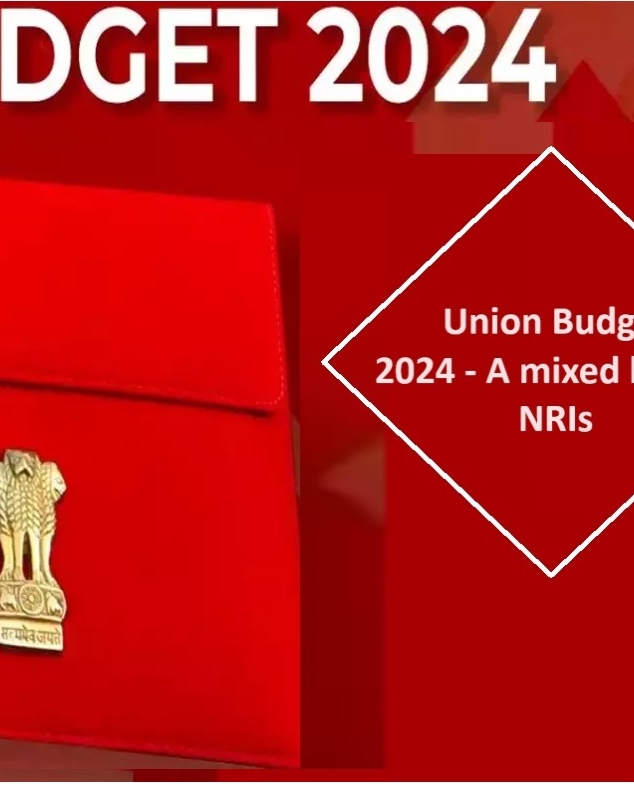No Automatic Possession of a Joint Family Property for Outsiders, Terms and Conditions Apply
Author: Overseas Indian Desk, at ZEUS Law
Any property jointly owned, becomes a co-owned property and its owners become the co-owners. A co-owner is entitled to the basic right of joint enjoyment or possession of the property. The fact that a joint property has not been divided and is owned by several co-owners, does not curtail the right of a co-owner to give his share to an outsider. Often a co-owner sells his undivided share to a person who is not a member of the joint family (i.e. an outsider). However, mere transfer or sale of a co-owner’s share doesn’t entitle an outsider to take possession of the property.
The Transfer of Property Act, 1882 says that an outsider purchasing a share of a joint family house has no right to joint possession or common enjoyment of the house. However, he will have the right to enforce a partition of his share if he files a suit for the same in court. He can also get separate possession of his share in a joint family house. In such a scenario, inconvenience may be caused to other co-owners of the undivided family and it is for this very reason that the legislature has granted protection to other members of the undivided family under The Partition Act, 1893.
As per Section 4 of The Partition Act, 1893, where a share of a dwelling-house belonging to an undivided family has been transferred to a person who is not a member of such family and such outsider seeks partition and separate possession of such a portion of the property, any member of the undivided family can buy the share from such an outsider. The court ascertains the value of the share owned by the outsider and directs the other co-owner, who is willing to buy such a share, to pay such value to the outsider. After payment of such value, the outsider will no longer be the co-owner and cannot claim partition and separate possession of his share in the house.
In the case of Yogesh Kesarwani and Others vs. Devi Shankar Shukla, the Hon’ble High Court of Allahabad held that it would be incumbent upon the Court to see that certain conditions as enumerated hereinafter are fulfilled before an order can be passed enforcing the right of a person in terms of the Section 4 of The Partition Act, 1893:
- It is sine-qua-non that the disputed property must be a family dwelling house where the co-owners have undivided share and one or more of such co-owners have affected a transfer of their undivided share to an outsider.
- For invoking Section 4 of the Partition Act, the transferee of an undivided share of the co-owner should be a stranger/outsider to the family.
- Such a stranger purchaser must institute proceedings for partition and separate possession of his undivided share transferred to him by the co-owners in question.
- When such a claim is instituted by the stranger purchaser then any member of the family who still has an undivided share in the dwelling house must come forward to press his claim of pre-emption by undertaking to buy out the share of the stranger purchaser.
- At the time of accepting the claim for pre-emption made by the existing co-owners of the dwelling house in respect of the share of the stranger purchaser, it is the Court that should make a valuation of the share of the stranger purchaser and must make the existing co-sharer of the dwelling house to pay the value of share of the stranger purchaser so that the existing co-owner is able to purchase by pre-emption the share of stranger purchaser in the dwelling house in its entirety so that the rights of the parties are completely satisfied and the stranger purchaser is left with no other right or share in the dwelling house and consequently, the stranger purchaser can be effectively denied entry in any part of the dwelling house.
It can thus be seen that Section 4 of the Partition Act, 1893 is an important provision granting protection to the existing co-owners of an undivided family property from unnecessary intervention by an outsider.
****
Thank you for reading! We hope you find the newsletter informative and insightful. For any queries, concerns or assistance, please feel free to reach out to us at [email protected]























